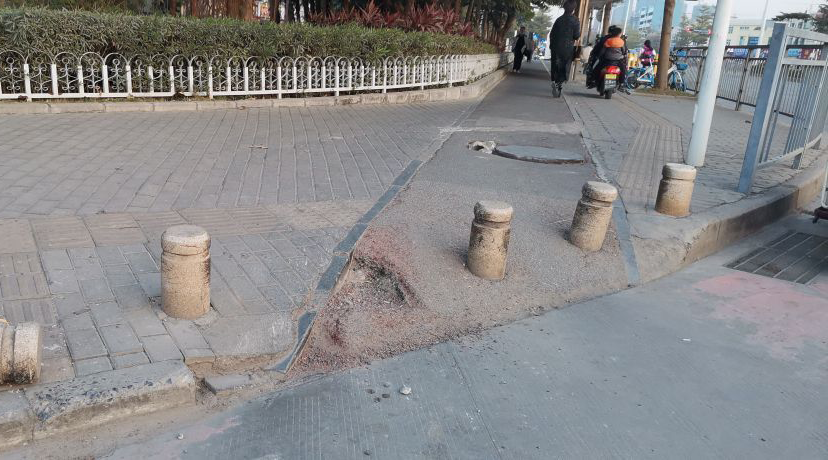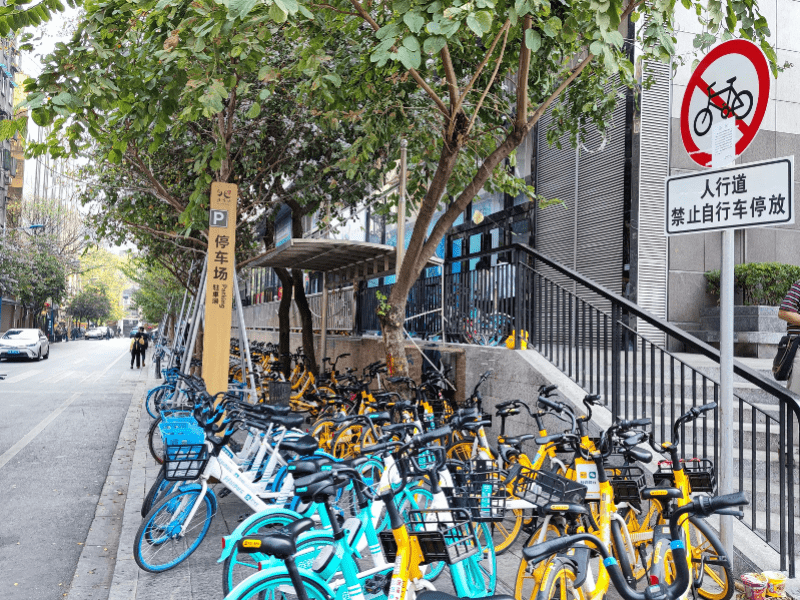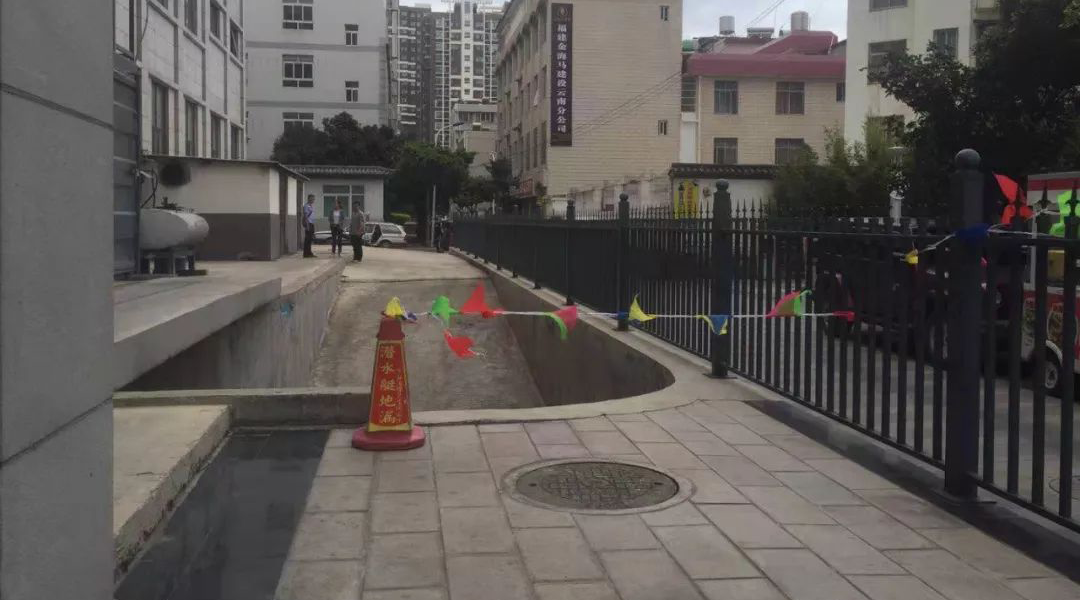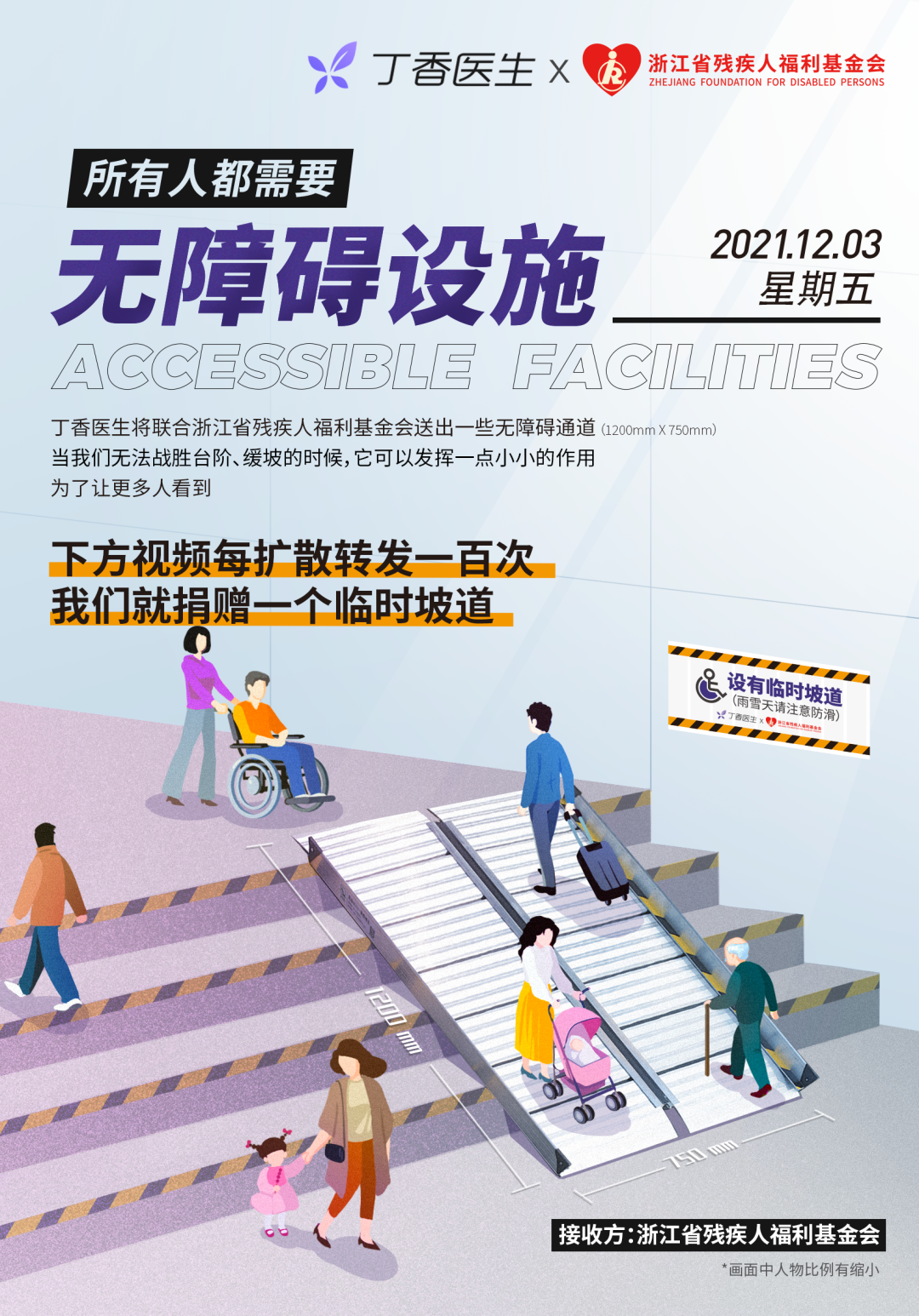The Chinese government has studiously avoided explicit criticism Russia for invading Ukraine. Foreign Ministry spokespeople even refuse to label Russia’s actions an “invasion,” preferring the euphemisms “Russia’s operation” or the “current situation.” Before the invasion, a Beijing news outlet posted an internal memo to its Weibo page, apparently by mistake, instructing its social media team: “Do not post anything unfavorable to Russia or pro-Western.” These corporate instructions may reflect broader official orders—official directives against negative coverage of Russia have been seen in the past. While the influx of news favorable to Russia has engendered widespread sympathy for Russia’s war aims across China—even creating “Russians in spirit” (a play on “Japanese in spirit” or “Taliban in spirit”) in the words of one WeChat essayist—all manner of opinions on the conflict have been voiced across Chinese social media. CDT has translated a selection of these diverse voices below.
A common theme of viral posts is the devastating toll that war takes on average citizens. One popular essay, “All Those Cheering for War are Idiots,” chided those who welcomed the war from afar:
You applaud Qin Shihuang for his “immortal achievement” in “unifying the nation,” but would you wish to be born during the Qin Dynasty and become a pile of bleached bones in service of his “immortal achievement”?
You applaud Putin for being “so resolute” and “worthy of a great leader/emperor,” but would you wish to be born on the border [of Ukraine and Russia] and become one of those countless Ukrainian refugees?
[…] On the chessboard of our imaginations, we are all kings, but once the war begins, all of us are pawns.
Don’t be the fool who pushes humanity into the abyss. [Chinese]
“When I see photos of crying Ukrainian children from thousands of miles away, why do I feel heartbroken?” wrote the author in his note. “Maybe it’s because I’m still human.”
— Marrian Zhou 梦媛 (@ZhouMarrian) February 25, 2022
Similar anti-war sentiments were expressed on Weibo. One post captioned “normal people in war” earned nearly 70,000 likes and over 30,000 reposts and engendered a lively conversation in the comment section:
@ 银河系茶水间碎碎念女工 We are a people who have experienced countless wars, invasions, and slaughters within the last century. Yet at this moment, we’re leveraging the outbreak of war in another land to write jokes and craft memes. Although I don’t have a vast store of political knowledge, I’m offering you a word of advice: If you truly lack empathy, sometimes keeping silent is the wisest option. No matter how many “interesting” jokes you write, nobody will think you’re clever.
@仙道岳 Re: “[Russia] was forced into it”… When a missile lands at your doorstep, there will also be people who say, “[The aggressor] was forced into it.” The reason you’re so cavalier about war is that the bombs haven’t fallen near you yet. There’s nothing noble about being indifferent to others’ misfortune.
@ 是你赵哥哥哎 Using war as fodder for jokes is not the least bit funny.
@ 平克辣 We are a nation shaped by suffering and war. Empathy for the weak and unfortunate, coupled with a hatred of warfare and oppression, is the precious legacy of our own painful history, and a vital source of spiritual strength for us as a communist nation. We should always remind ourselves that we have no right to (and are in no position to) make a mockery of war or the victims of war for our own entertainment, because to do so would be to betray our history and work against our own ambitions. [Chinese]
The 6,000 Chinese citizens living, working, and studying in Ukraine are also in danger. After initially downplaying the chance of war, the Chinese embassy in Ukraine suggested that its nationals post Chinese flag stickers on their cars while fleeing. Chinese outlet Jiemian News interviewed a Chinese exchange student in Ukraine who spoke out against the war and reminded readers that “every soldier killed could be one of my classmates”:
What’s going on in Kyiv? Jiemian News obtained an exclusive interview with Xiaohu (pseudonym), a Chinese exchange student currently in Kyiv.
Last August, Xiaohu went to study at a school in Kyiv. When this [recent] incident occurred, she was in a school dormitory just a few kilometers from Kyiv’s Boryspil Airport. She told Jiemian News that at 5:00 A.M. local time (11:00 A.M. Beijing time), she heard four or five rounds of artillery fire, and saw a mushroom-cloud-like plume of smoke outside the dormitory window. By 6:00 A.M., everything was calm and it was pitch black outside, but the sound of armored vehicles speeding by could still be heard.
At 5:00 A.M., she received a message from the Chinese Exchange Students in Ukraine Association, reminding students to stay indoors, not to run around, and to keep their mobile phones, documents and cash handy. She told Jiemian News that she had packed her luggage and was ready to flee, and was staying in the dormitory to await further news. Fortunately, she had bought three 20-liter bottles of water yesterday, and is well supplied with essentials for the time being.
She told Jiemian reporters that she is “very scared right now,” and that her greatest wish is to get home safely.
Xiaohu told Jiemian News that her Ukrainian classmates are basically “all soldiers” and really want to defend their country. There is still a big recruitment notice on their school’s official website. She told Jiemian reporters that she was “truly sad”: “If fighting does start, we may lose half of our classmates. I don’t want any casualties, because every soldier killed could be one of my classmates, the ones I go to class with every day, who I joke around with or make fun of our teachers or skive off doing homework with.” [Chinese]
While many of the voices highlighted above have spoken out against the war, there were a fair number of ghoulish comments on the web, many of which targeted Ukrainian women:
Some have even suggested that more Chinese men should marry Ukrainian women to solve China's imbalance of male-female population. For context: China has 30 million more men than women. pic.twitter.com/9qEO0QKcpC
— Wenhao (@ThisIsWenhao) February 24, 2022
Weibo later announced that it had deleted 542 sexist posts and issued 74 accounts with 30-day suspensions. The social media platform also began censoring searches for “Ukraine” and “pretty women.” An essay on Wechat tied the callousness of the men mockingly offering shelter to Ukrainian women to the official coverup of the crimes perpetrated against Xiaohuamei, the “shackled woman” in Xuzhou:
Over the past two days, one phrase on social media has really stood out: “shelter.” “My place has a bedroom, I can shelter a beautiful Ukrainian woman between the ages of 18-24,” “Shelter-on-call,” etc., jokes like these have tons of rabid fans. Some men have taken to direct-messaging female Ukrainian bloggers: “I can shelter any displaced Ukrainian beauties,” “This babe is so hot she’d have to be tricked into coming to **,” “Marry me, I’ll protect you,” “Come to my house, you’ll definitely be safe”… This stuff is all over Weibo, Douyin [Chinese TikTok], Kuaishou, and the rest.
Do you still remember? The first and second Fengxian county reports both used the word “shelter.” They claimed that Dong Zhimin’s father spotted a pitiful, homeless, mentally-ill woman at the side of the road, brought her home, and “sheltered” her by giving her to his son as a wife (See: “Is this wave of ‘shelter’ a form of language corruption?”) As you can see, “shelter” has been polluted to the nth degree. What is going on in these people’s minds all day long?
This is just how some people are: they don’t utter a word about the “shackled woman” right in their own backyard, and even have the nerve to make fun of those who do speak up for her. Then, when people abroad find themselves in desperate straits due to the tragedy of war, the first thing they do is make fun of women, write jokes, pick at others’ weaknesses, and even resort to direct verbal harassment. [Chinese]
“While you are chilling in your home, drinking boba, reading Weibo and posting jokes, it’s us, your compatriots on a battlefield, who are paying the cost of your actions.”
“Stop pushing your compatriots into the fire pit.”
The post received over 1 million likes.
— Wenhao (@ThisIsWenhao) February 26, 2022
source https://chinadigitaltimes.net/2022/02/netizen-voices-on-ukraine-in-our-imaginations-we-are-kings-once-war-begins-all-of-us-are-pawns/



